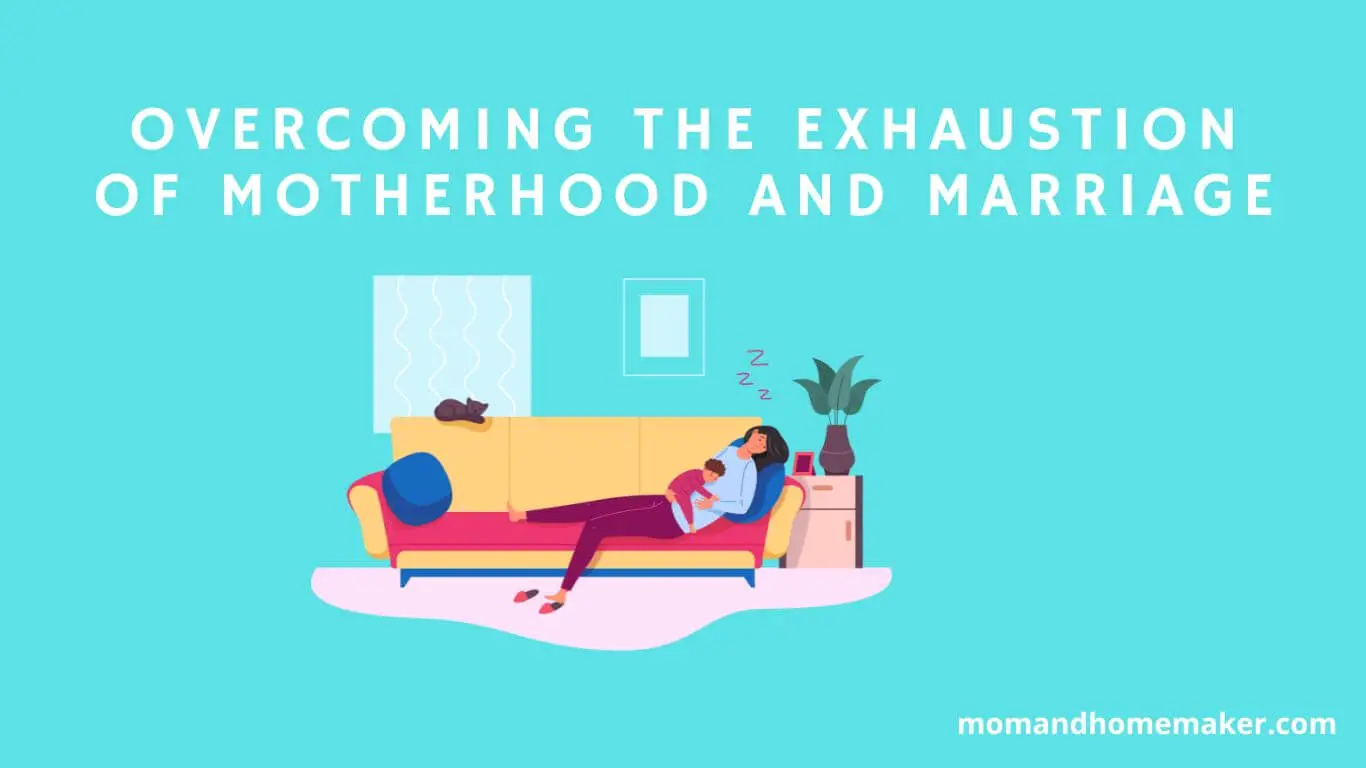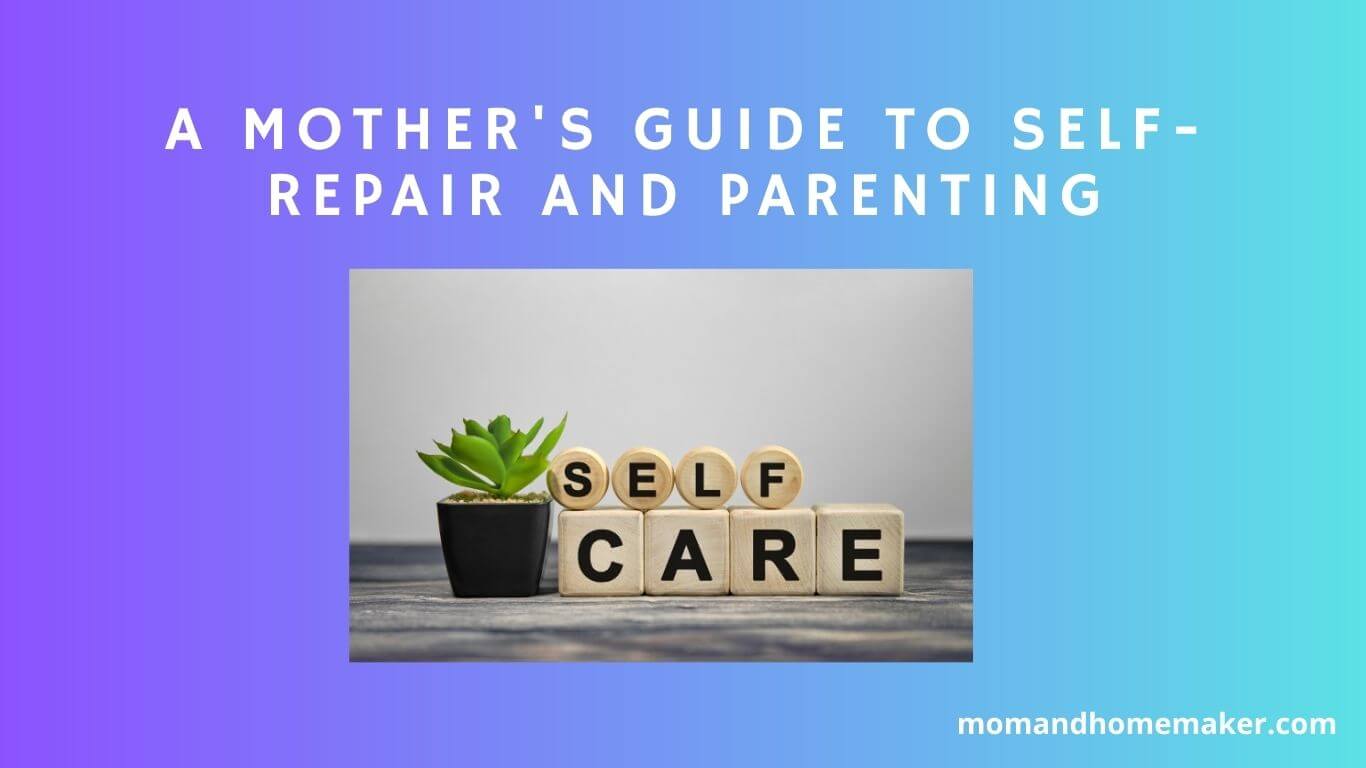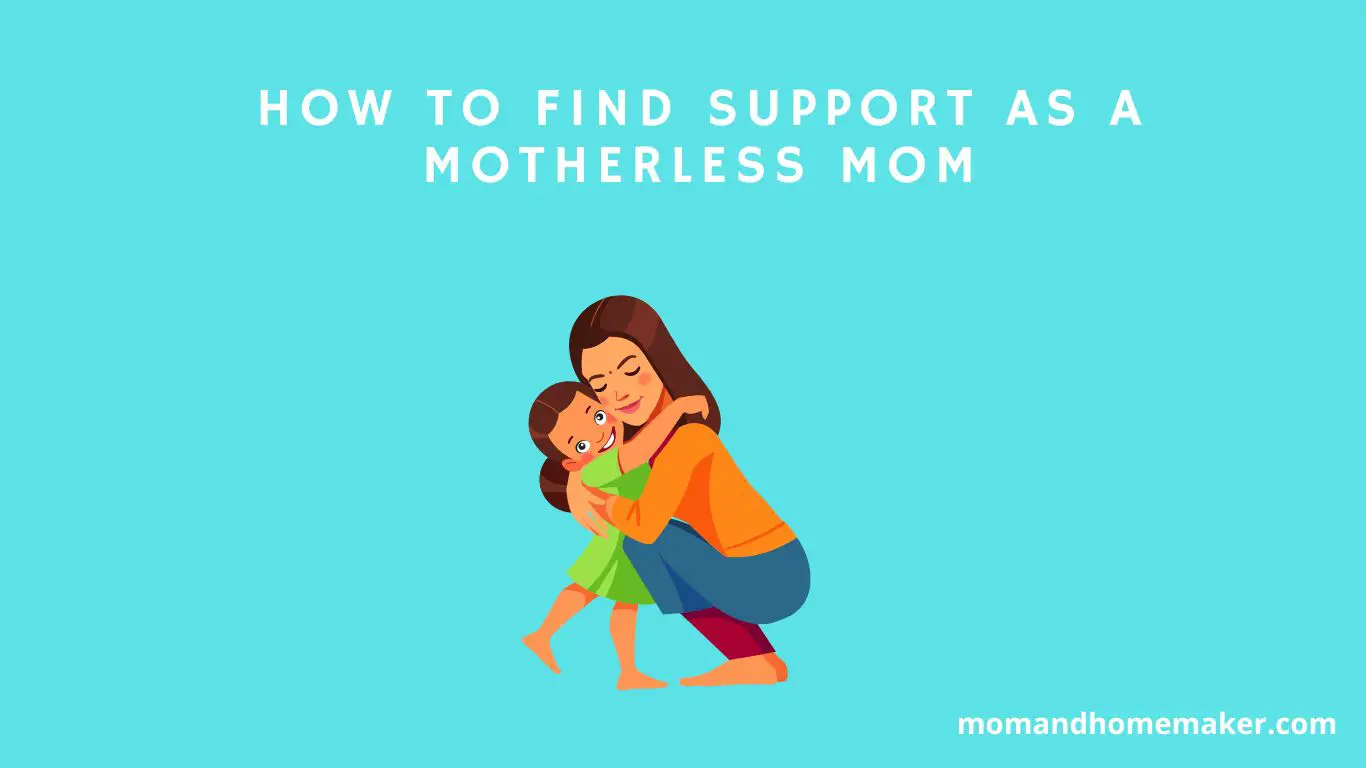Cold Mother Syndrome is a psychological phenomenon that has gained attention in recent years. However, there is still much mystery surrounding its impact and implications.
As we explore this syndrome, we may question its origins, effects, and potential avenues for healing. Understanding this complex concept could shed light on the dynamics of parent-child relationships and their profound influence on emotional well-being.
Understanding Cold Mother Syndrome

To understand Cold Mother Syndrome, it’s essential to consider how a mother’s emotional detachment can affect a child’s development. Maternal detachment, which involves emotional neglect, can have a profound impact on a child’s emotional and psychological well-being.
Children who experience maternal emotional neglect may struggle with forming healthy relationships, regulating their emotions, and developing a strong sense of self-worth.
Attachment theory emphasizes the importance of parental warmth in the bonds formed between children and their caregivers. When a mother is emotionally detached, it can hinder the development of a secure attachment between her and the child.
This secure attachment is crucial for a child’s overall development, as it provides a sense of security and a foundation for future relationships.
Recognizing the significance of maternal warmth and emotional connection in a child’s life is important when discussing Cold Mother Syndrome.
By offering warmth, love, and emotional support, mothers can positively influence their children’s emotional and psychological development. Children who experience consistent maternal warmth are more likely to exhibit resilience, empathy, and a strong sense of self.
In promoting awareness and understanding of Cold Mother Syndrome, we can support individuals who’ve experienced maternal emotional neglect and contribute to creating a more compassionate and nurturing environment for children in need.
Signs and Symptoms of Cold Mother Syndrome
Emotional neglect from a mother can lead to various signs and symptoms, highlighting the impact of Cold Mother Syndrome on a child’s well-being and development. Children affected by Cold Mother Syndrome may show emotional detachment, struggling to form meaningful connections and relationships.
They might have difficulty expressing their emotions and limited emotional responsiveness, often reflecting their mother’s communication patterns.
These children may also experience attachment issues, finding it hard to trust and rely on others. As a result, they might display behavioral challenges, such as aggression, defiance, or withdrawal.
In addition, children impacted by Cold Mother Syndrome may struggle with self-regulation and display impulsive or self-destructive behaviors. They might also have low self-esteem and struggle with feelings of worthlessness, stemming from a lack of emotional support and validation from their mother.
Furthermore, these children may have difficulties in forming and maintaining friendships, as they may find it challenging to understand and navigate social cues and interactions.
It’s crucial to recognize these signs and symptoms, as early intervention and support can significantly impact the child’s well-being and development.
By understanding and addressing the effects of Cold Mother Syndrome, caregivers, and mental health professionals can provide the necessary support and intervention to help these children overcome their challenges and thrive in their emotional and social development.
Impact on Child Development

Understanding the impact of Cold Mother Syndrome on a child’s development is crucial for providing effective support and intervention. According to attachment theory, the relationship between a mother and her child significantly influences the child’s emotional regulation.
In the case of Cold Mother Syndrome, where the mother is emotionally distant and unresponsive, the child’s ability to regulate their emotions can be severely compromised. This can lead to difficulties in managing stress, forming healthy relationships, and coping with life’s challenges.
Moreover, Cold Mother Syndrome can also have a detrimental impact on a child’s social development and cognitive functioning. Children raised by emotionally cold mothers may struggle to develop secure attachments with others, leading to difficulties in forming and maintaining friendships.
Their cognitive functioning may be affected as they may have limited exposure to language and cognitive stimulation, which are crucial for healthy brain development.
As a result, providing early intervention and support for children affected by Cold Mother Syndrome is essential. This may include therapeutic interventions to help the child develop healthy emotional regulation skills, as well as social skills training to support their social development.
Creating a nurturing and responsive environment can help mitigate the impact of Cold Mother Syndrome on a child’s cognitive functioning, promoting healthy brain development and overall well-being.
Factors Contributing to Cold Mother Syndrome
Factors contributing to Cold Mother Syndrome must be carefully examined to understand its impact. A mother’s emotional distance and unresponsiveness to her child’s needs can lead to feelings of rejection and unworthiness in the child.
Similarly, emotional neglect, which involves a failure to provide emotional support, warmth, and affection, can hinder a child’s ability to form healthy relationships and regulate their emotions.
Maternal detachment may stem from the mother’s unresolved childhood trauma, mental health issues, or challenging life circumstances. Emotional neglect, on the other hand, could be a result of the mother’s lack of awareness about the child’s emotional needs or her own emotional limitations.
Recognizing these contributing factors is crucial for individuals seeking to support those affected by Cold Mother Syndrome. Understanding these factors allows for the provision of support and guidance in creating a nurturing environment that fosters healing and growth.
Breaking the Cycle of Cold Mothering Behavior

Breaking the cycle of cold mothering behavior requires acknowledging the impact of past experiences and actively choosing to prioritize emotional connection and responsiveness in your interactions with your children. It’s never too late to change your parenting style and build strong emotional bonds with your children.
Here are three key steps to help you break the cycle of cold mothering behavior:
- Reflect on your own childhood and the parenting style you were exposed to. Understand how your past experiences may have influenced your behavior and consciously choose to adopt a warmer and more nurturing parenting style.
- Seek support from individuals who can provide guidance, empathy, and understanding. Whether it’s through therapy, support groups, or trusted friends and family members, having a support system can make a significant difference in your journey.
- Make a conscious effort to connect with your children emotionally. Spend quality time with them, engage in open and honest communication, and actively listen to their thoughts and feelings. Expressing warmth, empathy, and affection can help foster a secure attachment and break the cycle of cold mothering behavior.
Seeking Help and Support
If you’re struggling to break free from the cycle of cold mothering behavior, seeking help and support from trusted individuals or professionals can provide invaluable guidance and encouragement. Coping mechanisms play a crucial role in managing the emotional toll of dealing with a cold mother.
It’s essential to surround yourself with emotional support, whether it’s from understanding friends, family members, or support groups. Sharing your experiences and feelings with people who genuinely care about your well-being can help alleviate the sense of isolation and validate your emotions.
Moreover, professional therapy offers a safe space to explore your feelings, develop coping strategies, and work through past traumas that may contribute to your struggles. Therapists can provide personalized guidance and tools to help you navigate the complexities of cold mothering and its impact on your mental and emotional well-being.
In addition to professional therapy, community resources can also be valuable in your journey toward healing. Many communities offer support groups or counseling services specifically tailored to individuals dealing with the effects of cold mothering.
These resources can provide a sense of belonging and connection with others who’ve similar experiences, fostering a supportive environment for mutual understanding and growth. Engaging with these resources can empower you to build resilience and develop healthy ways of coping with the challenges you face.
Healing From Cold Mother Syndrome

If you’re dealing with the effects of Cold Mother Syndrome, it’s important to seek support from trusted individuals or professionals as you begin your healing journey. Remember, healing is a process, and it’s okay to ask for help as you navigate this path.
Here are some strategies to aid in your healing:
- Therapy or Counseling: Consider seeking professional help to address the emotional wounds caused by Cold Mother Syndrome. A therapist can provide a safe space for you to process your experiences, develop healthy coping mechanisms, and work through any underlying issues that may have resulted from your relationship with your mother.
- Self-Compassion Practices: Engage in exercises such as mindfulness meditation, journaling, or positive affirmations to cultivate a kinder and more nurturing relationship with yourself. These practices can counteract the impact of a cold or neglectful maternal figure.
- Establish Healthy Boundaries: It’s important to establish and enforce healthy boundaries in your relationships, including the one with your mother if it’s ongoing. Learning to set boundaries can protect your emotional well-being and prevent further harm, allowing you to prioritize your needs and create a supportive environment for your healing journey.
Building Healthy Parent-Child Relationships
To nurture strong parent-child bonds, it’s important to prioritize open and respectful communication as the foundation. Effective communication involves active listening, honest expression of thoughts and feelings, and acknowledging each other’s experiences.
Setting clear boundaries is crucial for teaching children about personal autonomy and respect for others. By establishing these boundaries, both parents and children can understand expectations and limits, creating a sense of security and stability in the relationship.
Promoting emotional intelligence within the parent-child relationship is vital for the well-being of the family. Encouraging children to recognize and understand their emotions, and providing them with healthy ways to cope, can lead to improved self-regulation and empathy.
Additionally, parents who demonstrate emotional intelligence create an environment where open expression is valued.
Building trust is a fundamental aspect of fostering healthy parent-child relationships. Trust is developed when parents consistently keep their promises, demonstrate reliability, and genuinely care for their children’s well-being.
Respecting children’s privacy and creating a safe space for them to confide in their parents without fear of judgment also contributes to building trust.
Conclusion
Break the cycle of Cold Mother Syndrome and work toward building a healthy relationship with your child.
Despite the challenges, seeking help and support can make a positive difference.
It’s never too late to change.
Imagine a neglected garden that now flourishes with love and care. Your relationship with your child can also bloom with nurturing and positive parenting.









